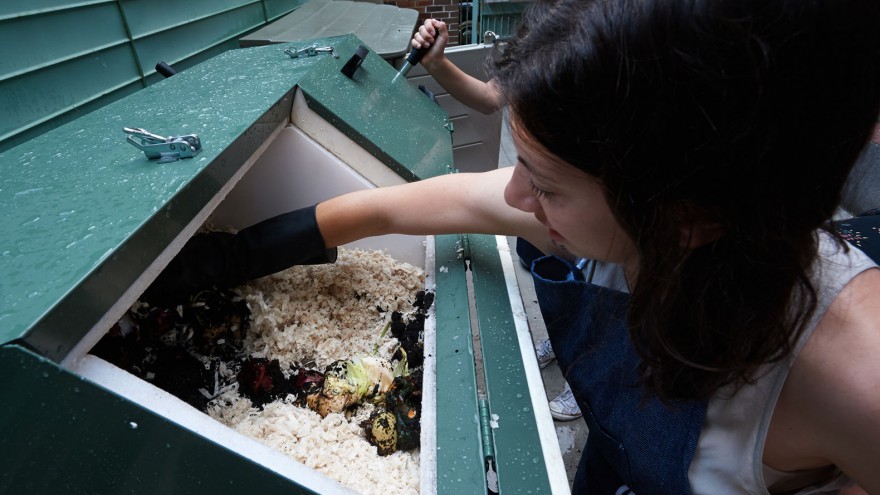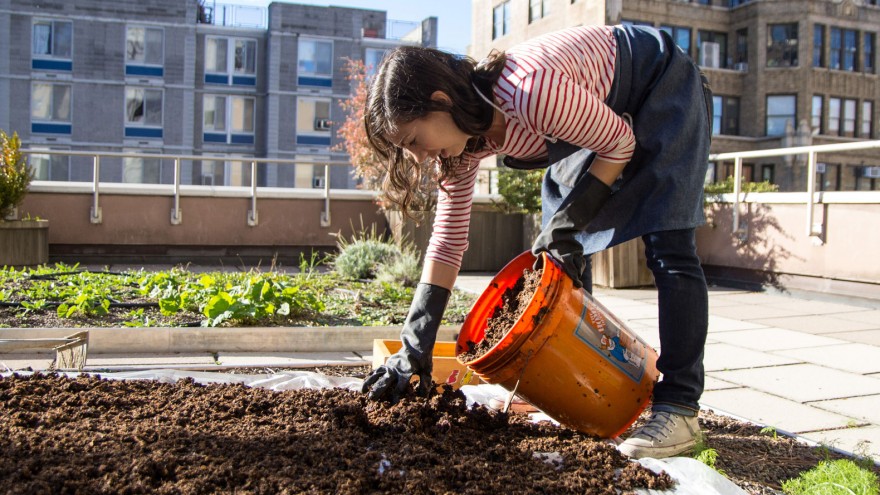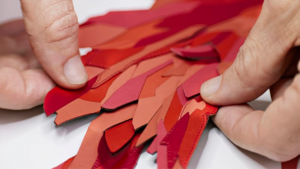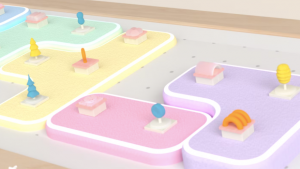Students at the Fashion Institute of Technology (FIT) in New York are committed to sustainable clothing production. Student-initiated projects, such as the natural dye garden and muslin composting system, aim to educate students about the impact of industry manufacturing on the environment by creating opportunities to practise eco-friendly alternatives on campus.
Former students Caitlin Powell, Amber Harkonen and Meghan Navoy developed the dye garden on the rooftop of the FIT building approximately two years ago. The project aimed to involve students in the process of making their own natural dye by harvesting and drying particular plants and flowers. The graduates say that they wanted to address the fact that "global textile production is an alarmingly heavy burden on this planets resources”.
More recently, two FIT textile development students Lydia Baird and Willa Tsokanis established their own composting system that involves recycling the muslin waste generated by the fashion industry and turning it into soil fertiliser. The muslin is mixed with other organic waste produced on campus, such as coffee grinds and leftover food, to create nutrient-rich compost.
After fermenting for a couple of months, the compost was used for growing healthy plant crops in the rooftop dye garden.
FIT’s textile development and marketing professor, Jeffrey Silberman says that these projects drive “a cradle-to-cradle learning approach to product development and a circular economy,” which is important in exposing students to every element of the supply chain.









